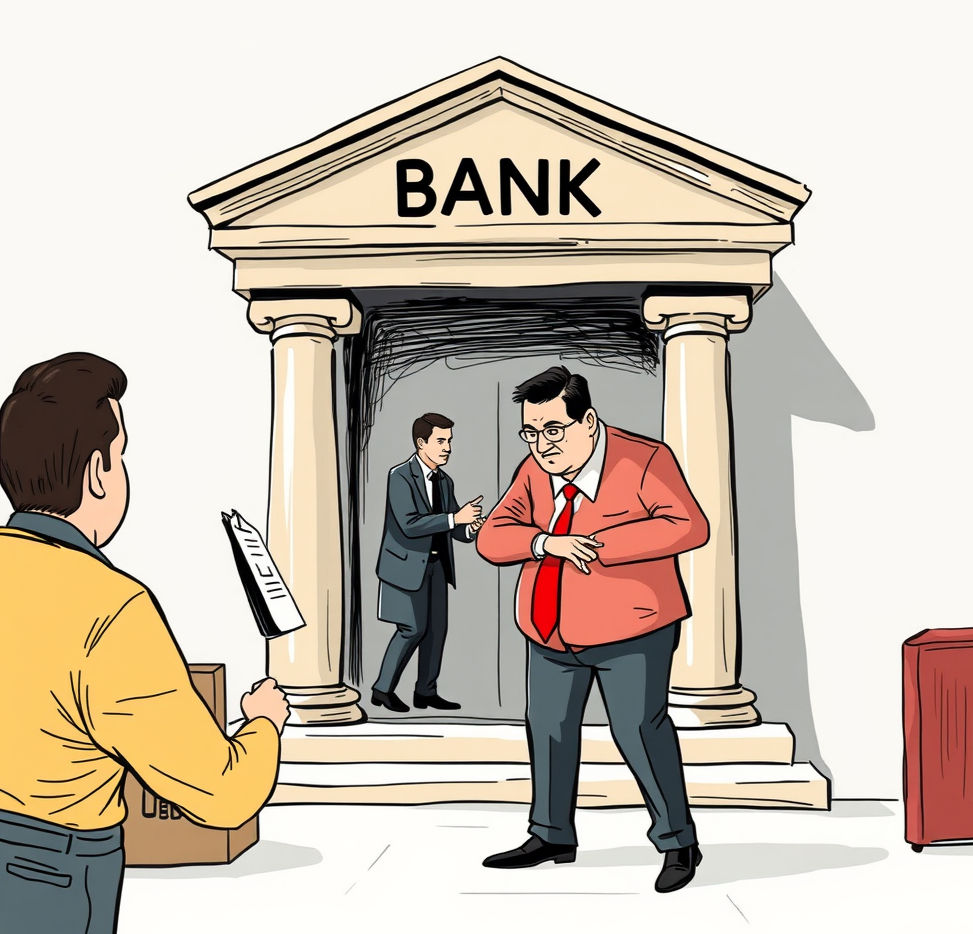Unmasking Corporate Crime: Understanding Money Laundering, Insider Trading, and Corporate Misconduct
- Aditi Srivastava

- Nov 27, 2025
- 4 min read

In today’s global business environment, corporate crime is one of the biggest challenges faced by regulators, governments, and financial institutions. As companies grow in size and influence, the risks of abuse, fraud, and unethical practices also increase. Understanding corporate crime is essential because it lies at the intersection of corporate law, criminal law, finance, and regulatory compliance.
Among various forms of corporate wrongdoing, money laundering, insider trading, and general corporate misconduct are the most commonly discussed and the most aggressively enforced.
What Is Money Laundering?
Money laundering is the process of taking money gained through illegal activities and making it appear legal. Criminals often earn money from activities like drug trafficking, corruption, tax evasion, extortion, or financial fraud. But they cannot openly use this “dirty money,” because authorities may trace it.
So they try to launder and clean it through a series of transactions that make the money look legitimate.
The Three Stages of Money Laundering
1. Placement
This is when illegal money first enters the financial system. For example:
depositing large amounts of cash into a bank account,
buying assets like gold or real estate, or
sending money through informal transfer systems.
2. Layering
Now, the launderer moves the money through complex transactions to hide its origin. These may include:
sending money between multiple bank accounts (often in different countries),
creating shell companies to disguise ownership, or
buying and selling assets quickly to confuse investigators.
3. Integration
Finally, the “cleaned” money returns to the criminal, now appearing as legitimate income. It may show up as profits from a fake business, consultancy fees, or rental income from property purchased with dirty money.
Why Money Laundering Is Dangerous
It funds terrorism, drug trafficking, and organized crime.
It threatens financial systems and banks.
It damages economies by encouraging corruption and illegal wealth.
What Is Insider Trading?
Insider trading refers to buying or selling shares of a company using confidential information that is not yet available to the public. For example, If an employee knows that their company is about to announce a major merger, and they buy shares before the news becomes public, they can make a huge profit. This is illegal because it gives unfair advantage and harms public investors.
Who Is an Insider?
An “insider” includes:
company directors,
employees,
auditors,
lawyers and consultants, and
anyone who has access to unpublished company information.
Even family members of insiders can be guilty if they buy or sell shares based on leaked information.
Examples of Unlawful Insider Trading
A CEO secretly sells shares before the company declares a major loss.
An IT employee accesses earnings data before it is officially released.
A lawyer working on an acquisition buys shares in the target company.
A relative of a senior executive trades shares based on inside tips.
Why Insider Trading Is Harmful
It destroys fairness in the stock market.
It reduces investor trust.
It allows insiders to profit while ordinary investors suffer losses.
It discourages honest participation in capital markets.
Regulators such as SEBI, SEC, FCA, etc., monitor trading patterns, investigate suspicious activity, and impose heavy fines, bans, and even criminal punishment. Famous global cases show how even top executives can go to jail for insider trading.
What Is Corporate Misconduct?
Corporate misconduct is a broad term that covers any unethical, illegal, or irresponsible behavior by companies or their employees. This can range from minor violations to major scandals that destroy companies.
Common Types of Corporate Misconduct
1. Accounting Fraud
Companies manipulate financial statements to show fake profits, hide losses, or inflate their value. Such fraud misleads investors, banks, and the public. Examples include:
overstating revenue,
hiding debt,
falsifying documents,
improper transactions.
2. Bribery and Corruption
Companies may pay bribes to government officials to secure contracts, licenses, or policy advantages. This damages transparency and public trust.
3. Environmental Violations
Companies may illegally dump waste, ignore pollution standards, or hide environmental risks. This harms communities and ecosystems.
4. Employee Exploitation and Harassment
Workplace misconduct includes:
unsafe working conditions,
discrimination and harassment,
withholding wages,
violating labour laws.
5. Consumer Fraud
This includes misleading advertisements, selling defective products, hiding safety risks, or manipulating online reviews.
6. Antitrust Violations
Companies may fix prices, form cartels, or block competition hurting consumers and markets.
How Regulators Fight Corporate Crime?
Regulators fight corporate crime through a combination of strict oversight, transparency measures, and strong enforcement actions. They require companies to make mandatory financial and operational disclosures, ensuring that important information is publicly available and can be scrutinized by investors and auditors. Independent audits and inspections help detect irregularities early, while whistleblower protection laws encourage employees to report wrongdoing without fear of retaliation. Regulators also work closely with banks, stock exchanges, and financial intelligence units to monitor suspicious transactions and trading patterns. Cross-border information sharing enables authorities to track global financial crimes more effectively. To deter misconduct, regulators impose heavy penalties, criminal charges, and sanctions on companies and individuals who break the law. They also enforce robust compliance requirements that compel companies to implement internal controls, ethics programs, and risk-management systems. Together, these tools create a framework that promotes accountability and reduces opportunities for corporate abuse.
Penalties and Consequences
When misconduct is exposed, companies may face:
criminal charges,
huge financial fines,
class-action lawsuits,
loss of reputation,
resignation or arrest of senior executives,
collapse or bankruptcy.
Major scandals in history, such as Enron, Satyam, Volkswagen emissions fraud show how misconduct can ruin even global companies.
Money laundering, insider trading, and corporate misconduct may seem like separate issues, but they are closely connected by a common theme: abuse of financial systems for illegal or unethical gain. These crimes undermine trust in markets, harm economies, and negatively affect society.
For lawyers, understanding these topics is essential not only to build a strong foundation in corporate and criminal law but also to develop a sense of responsibility toward ethical and transparent business practices.




Comments